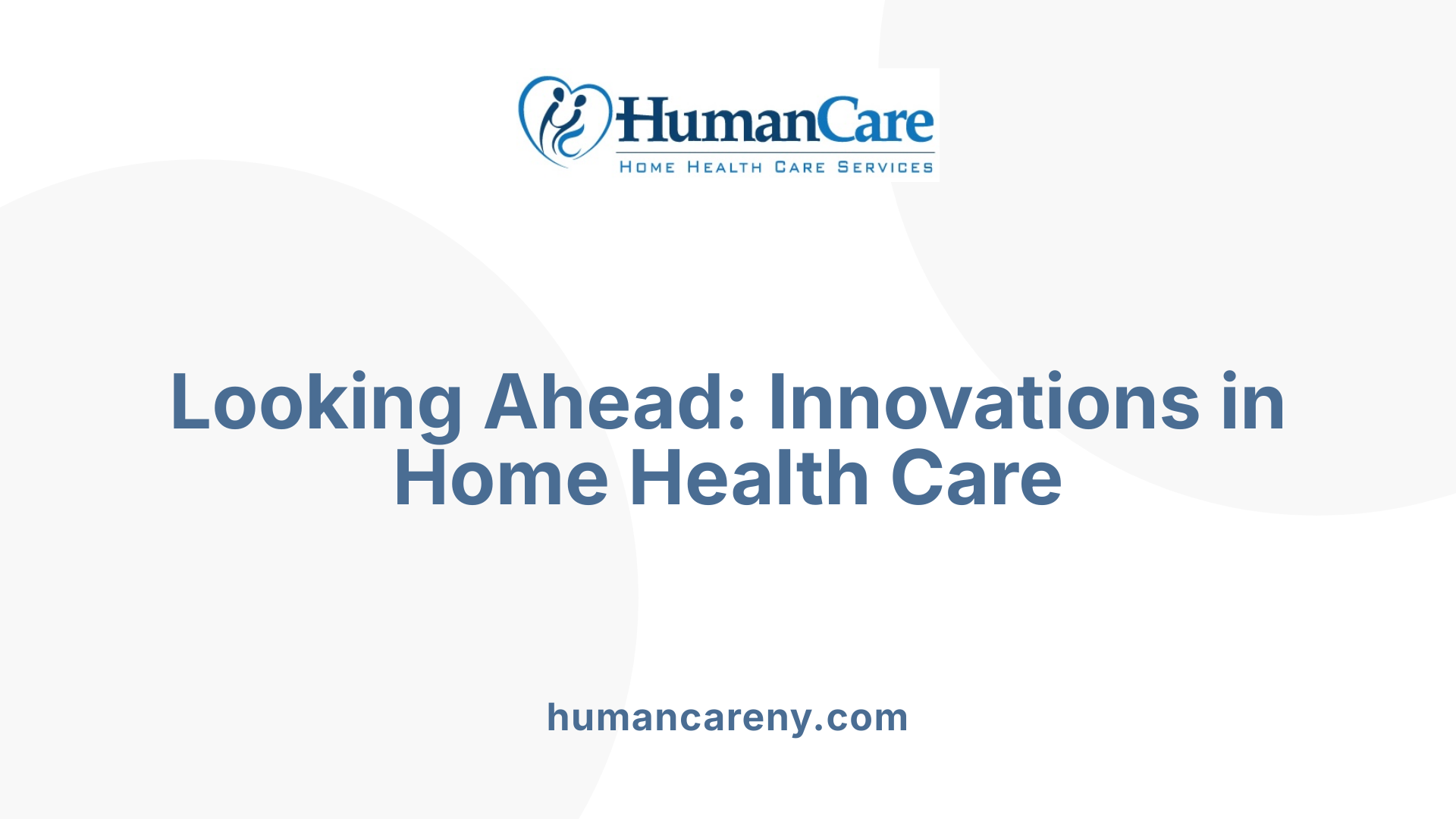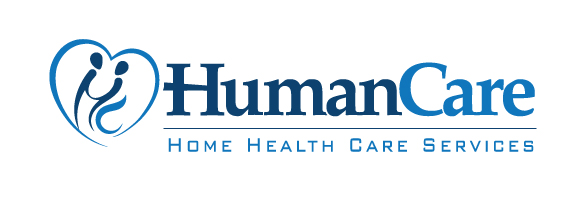The Role of Home Health Care in Managing Heart Disease
Enhancing Heart Disease Management Through Home Health Care

Introduction
Heart disease remains a leading health concern, demanding innovative approaches to care that extend beyond traditional medical facilities. In recent years, home health care has emerged as a crucial player in managing heart disease, particularly heart failure, offering personalized care, enhancing quality of life, and reducing hospitalization rates.
The Benefits of Home Health Care for Heart Patients

Independence and personalized support
Home health care services empower heart disease patients to maintain their independence while receiving vital support right at home. These services are designed around personalized care plans that cater to unique patient needs. Each plan includes components such as health monitoring, medication management, and strategies for adhering to dietary restrictions.
Reduced readmission rates
Studies indicate that patients who receive home health care experience fewer complications and recover more effectively than those who spend time in hospitals. Intensive home nursing services create a safety net during recovery, significantly lowering the risk of hospital readmissions. For instance, patients who engage in comprehensive follow-up care within the first week of discharge show remarkable improvements.
Stress relief for caregivers
Home health care also helps alleviate burdens on family caregivers, which is crucial in reducing their risk of burnout. By providing professional support, these services free caregivers to focus on emotional support and companionship without the overwhelming responsibilities that often accompany managing a loved one's health.
Enhanced quality of life
Ultimately, home-based care significantly enhances the quality of life for patients. With the comfort of receiving care in a familiar environment, individuals benefit not only from better health outcomes but also from increased emotional well-being. This holistic approach promotes a safer and more comfortable recovery experience for heart disease patients, allowing them a more manageable lifestyle.
Home Health Care Interventions in Heart Disease Management

How do home health care interventions support heart disease management?
Home health care interventions for heart disease can include medication management, dietary support, and general well-being monitoring. These interventions are designed to maintain or improve patient health, promote recovery, and enhance the ability to manage daily activities independently.
These services enable patients to receive personalized care in their homes, focusing on specific needs such as:
- Medication management: Educating patients about their medications ensures proper adherence, helping to reduce the risks associated with multiple medications.
- Dietary management: Nutritional counseling helps patients adopt heart-healthy diets, crucial for managing conditions like hypertension and diabetes.
- Monitoring vital signs: Home health professionals can monitor vital signs like blood pressure and heart rate, allowing for early detection of complications and timely interventions.
The Role of Telehealth in Heart Disease Management
Telehealth technologies have transformed the way care is delivered. By allowing for remote monitoring of patients’ conditions, telehealth can enhance medication adherence and provide continuous support. Home health care programs increasingly incorporate telehealth to facilitate regular check-ins, symptom assessments, and adjust care protocols as necessary. This supports patients in managing their conditions effectively, particularly after hospitalization, reducing the risk of readmissions .
The combination of these interventions not only addresses medical needs but also empowers patients to take control of their health, significantly improving their quality of life.
Key Roles of Home Health Care Professionals

What is the role of home health care professionals in the care of heart disease patients?
Home health care professionals significantly enhance the care of heart disease patients through a multidisciplinary approach. They provide essential skilled nursing services under physician oversight, which fosters greater patient independence and functionality.
One crucial aspect of their role is assuring medication adherence and safety. They help manage complex medication regimens, ensuring patients understand their prescriptions, dosages, and schedules, which is imperative to reducing medication errors—common issues among elderly heart patients.
In addition to monitoring medication, home health professionals focus on patient education and support. They teach patients about their heart conditions, symptom recognition, and lifestyle changes necessary for disease management. This education empowers patients to take charge of their health, engage in self-care behaviors, and recognize when to seek additional help.
Their expertise is not limited to medical guidance. They also implement fall prevention strategies and provide emotional support, helping maintain overall patient well-being.
Evidence shows that integrating these roles into home care can significantly enhance patient outcomes, reducing hospital readmissions and improving quality of life. As the demographic of heart disease patients ages and home care becomes more prevalent, the importance of home health care professionals in this domain will only grow.
Evidence of Home Health Care Effectiveness

What evidence supports the effectiveness of home health care in improving outcomes for heart disease patients?
Research indicates that home health care (HHC) plays a pivotal role in enhancing outcomes for patients with heart disease. Many studies have shown that HHC significantly reduces hospital readmission rates and promotes better recovery through personalized care plans and consistent health monitoring.
Impact on Readmissions: A systematic review revealed that patients who received intensive home nursing visits coupled with outpatient follow-ups within the first week post-discharge had lowered risks of being readmitted within 30 days. This intervention addresses potential complications promptly, providing an essential safety net for vulnerable patients.
Improved Recovery: Home health services have been linked to not only reduced hospitalization but also enhanced recovery times. For instance, heart attack survivors who engaged with HHC were found to be 11% less likely to return to the hospital compared to those who did not utilize these services, showcasing the benefits of ongoing support and intervention.
Personalized Care Plans: Tailored care plans encompass various aspects such as medication management, dietary adjustments, and symptom monitoring, all critical for managing chronic conditions effectively.
Worker Safety and Training: HHC's effectiveness is bolstered by stringent safety measures for workers, adhering to OSHA guidelines and NIOSH recommendations. This focus on caregiver safety ensures a high standard of care, fostering successful patient outcomes. Training and preparedness further enhance the overall care quality,2 allowing for flexible yet effective health management.
In essence, the synergy between effective patient management and a safe work environment underscores the substantial benefits of home health care for individuals facing heart disease.
The Challenge of Heart Failure and Home-Based Solutions
Managing chronic heart failure
Heart failure (HF) affects millions, particularly older adults, resulting in diminished quality of life and soaring healthcare costs. With symptoms like fatigue and breathlessness, many patients face challenges at home. Home care workers (HCWs) play a critical role here, assisting patients with daily activities and promoting self-care strategies to manage their condition effectively. By delivering education and support, HCWs contribute to better symptom recognition, allowing patients to stay healthier at home and reduce avoidable hospitalizations.
Vital signs monitoring
An essential component of managing chronic HF is vigilant monitoring of vital signs. Home health professionals utilize technology to track readings such as blood pressure and heart rate. This proactive approach facilitates timely interventions, helping prevent potential complications and ensuring adherence to prescribed treatment plans. Continuous monitoring allows families and patients to notice changes early, leading to prompt discussions with healthcare providers.
Patient-centered care plans
Tailored care plans are pivotal in managing heart failure effectively. These personalized plans, developed collaboratively between patients and healthcare teams, include medication management, dietary recommendations, and lifestyle modifications. The 'Keeping Hearts at Home' program exemplifies this, focusing on enhancing medication adherence and educating patients on their disease. These individualized strategies not only empower patients but also foster independence, ultimately improving their overall quality of life.
Innovative Programs and Technology in Home Health Care
The 'Keeping Hearts at Home' program
The 'Keeping Hearts at Home' program is a holistic approach designed to enhance heart failure management. It emphasizes key areas such as medication management, regular disease process assessment, and patient education. By fostering care coordination among healthcare providers, this initiative aims to create personalized care plans that cater to individual patient lifestyles and needs. The program also focuses on seven essential self-care behaviors, including healthy eating and medication adherence, to improve patient outcomes and prevent avoidable hospitalizations.
Telehealth advancements
Telehealth technologies have emerged as a vital component in the management of heart failure patients. These systems facilitate remote monitoring, allowing healthcare providers to track patients' vital signs like blood pressure and heart rate. The COVID-19 pandemic significantly accelerated the adoption of telehealth, ensuring that patients maintain consistent contact with providers. This connectivity not only improves medication adherence but also empowers patients to manage their conditions proactively.
Patient empowerment through technology
Home health programs increasingly integrate technology to empower heart failure patients. Tools that assist in symptom monitoring and medication management provide patients with the knowledge needed for effective self-care. Regular communication with healthcare professionals, along with access to educational resources, enhances patients' ability to recognize symptoms early and make informed decisions about their health, ultimately leading to greater independence and improved quality of life.
Future Directions and Opportunities

Standardizing care for better outcomes
The future of home health care (HHC) for heart failure (HF) patients hinges on the standardization of educational content and care protocols. Creating a consistent framework can enhance patient understanding and engagement in their own care, leading to improved health outcomes. As evidenced by existing studies, structured education on symptom recognition and medication adherence is essential for reducing hospital readmissions and improving quality of life.
Involving pharmacists in care
Incorporating pharmacists into the home health care team represents a promising opportunity for elevating medication management. Pharmacists can play a critical role in educating patients about their medications, optimizing regimens, and ensuring adherence. This collaboration can lead to fewer medication errors and complications, ultimately enhancing patient outcomes and continuity of care.
Telehealth expansion
Telehealth technologies are set to revolutionize HHC for cardiovascular patients. By enabling remote monitoring of vital signs and conditions, healthcare providers can make timely interventions and adjust care plans as needed. The COVID-19 pandemic has accelerated the adoption of these technologies, showcasing their potential in reducing hospitalizations and improving accessibility to necessary health services. By expanding telehealth integration within home care settings, we can facilitate ongoing patient engagement and support, which is crucial for managing chronic heart conditions.
Conclusion
Home health care plays an indispensable role in the modern management of heart disease, offering a blend of personalized medicine, patient empowerment, and advanced technological solutions. Its growing adoption points to a promising future where healthcare can be more accessible and effective in the comfort of patients' homes. As we continue to innovate and improve these services, ensuring high standards of care will bolster the health outcomes for millions of heart disease patients across the globe.
References
- Home care workers in heart failure: a systematic review - PMC
- Expert heart failure home healthcare for your patients
- Practical guide on home health in heart failure patients - PMC
- Cardiac Care | At-Home Advanced Care Services | HealthFlex
- Heart Failure Program - Home Health Care - Amedisys
- How Home Health Can Help With Chronic Condition Management ...
- Opportunities for Change in Home Health Care in Heart Failure
- Home Health After Heart Attacks - AccentCare
- Home Health Services for Heart Disease Patients
- Home Health Heart Failure - Residential Healthcare Group




























































































